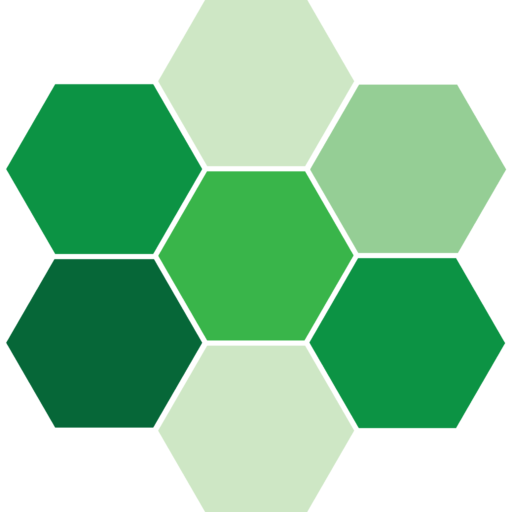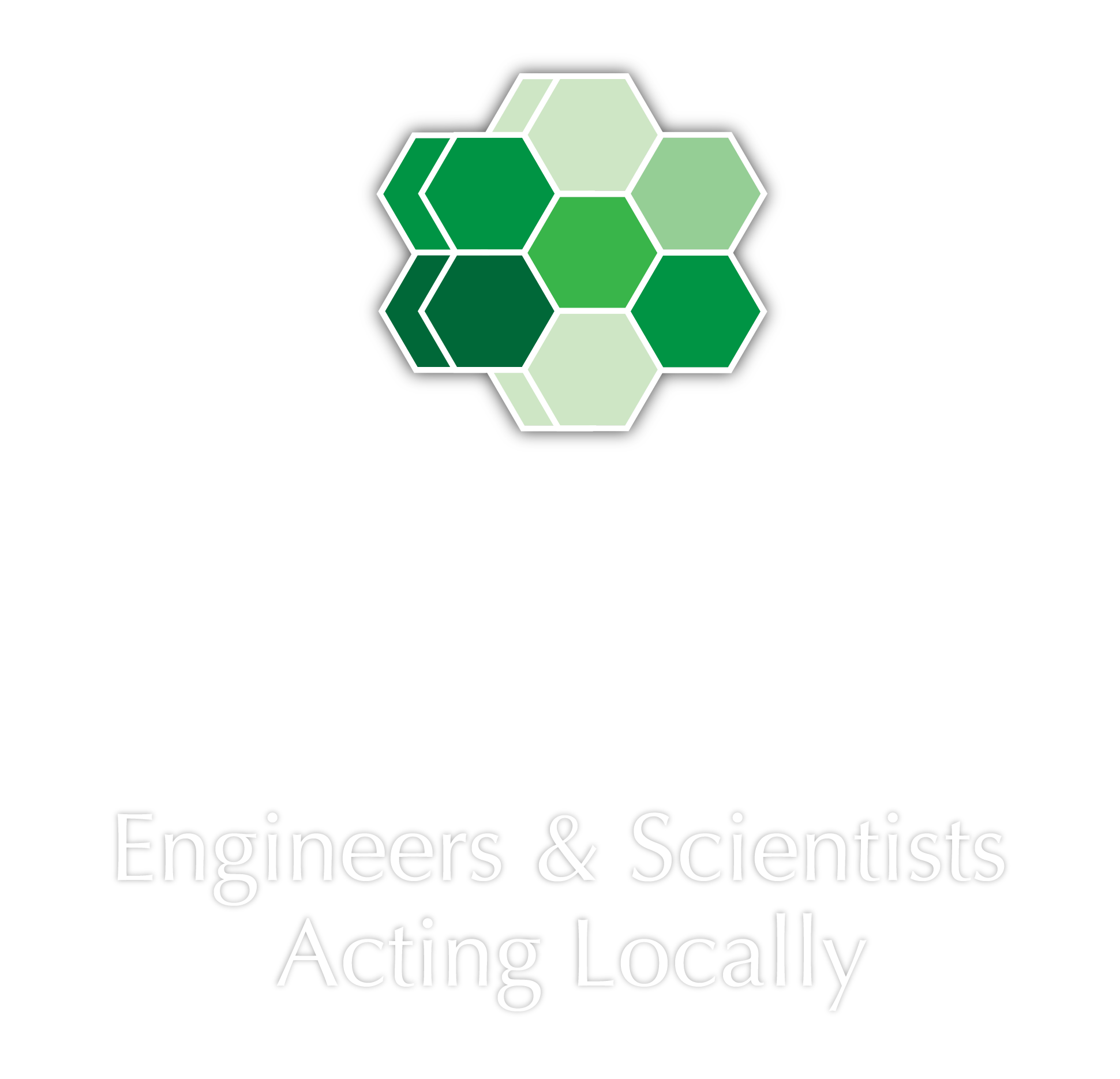Henry (Hal) Cardwell, who earned a Ph.D. in geography and environmental engineering from Johns Hopkins University, has always been interested in systems. He recently finished a 3-year term as an elected school board official in the City of Alexandria, VA, applying this interest to a school district with 15,000 students.


